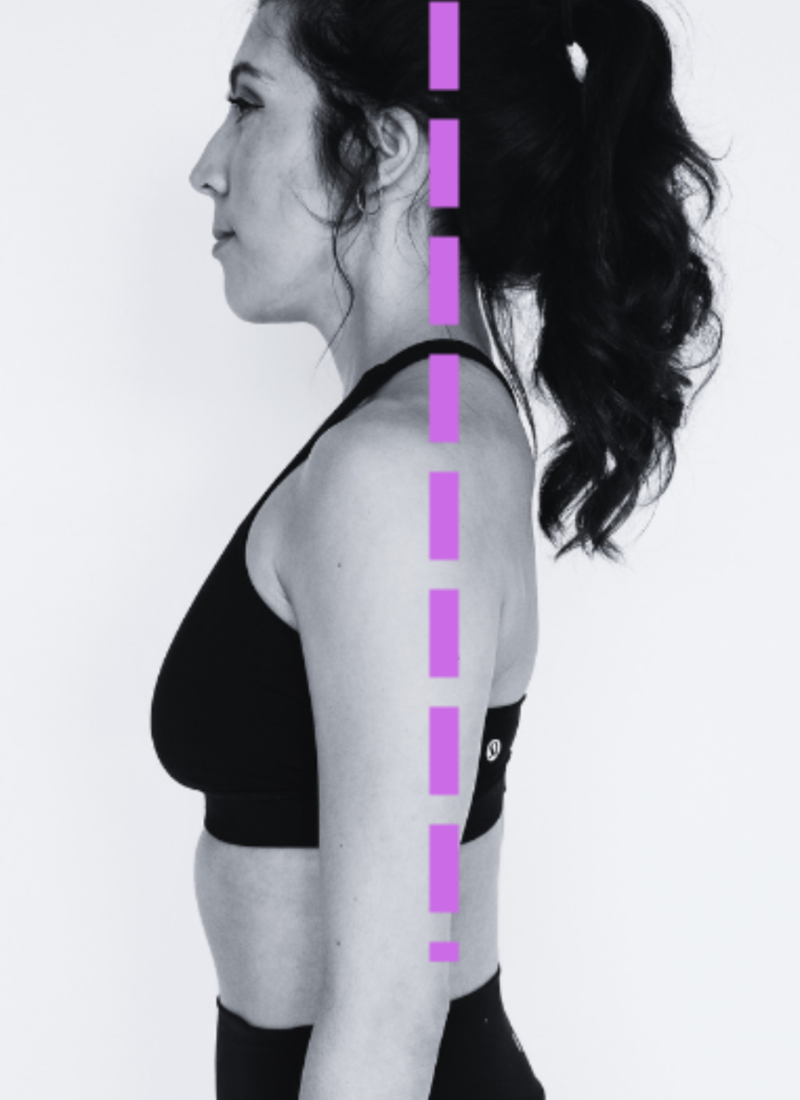
If you’re reading this, you may have tried different diets time and time again but never had results, and you are struggling to understand why diets fail.
Maybe you never finished the diet you originally sought to do.
In this article, we will discuss why diets fail, and what to do to succeed.
There were many times where I was unhappy with some extra fat on my body and decided to go on a “diet” too.
I tried everything in the book – from the paleo diet to the vegan diet, from the Whole30 challenge to the military diet.
I tried strictly counting my macronutrients like how I saw so many Bikini competitors doing on Instagram.
I tried counting my calories for months and months to make sure I stayed under 1500 calories and when that didn’t work I reduced it to 1200 calories, but I gave up on that after a solid two days.
All of this effort was futile. Everytime I tried a new diet, I would eventually quit. Next, I researched a new diet to try and the cycle repeated.
If this has also been you, every time you have done a diet that fails, you may have asked yourself:
“Am I lazy?”
“Do I have bad self-control?”
“Am I going to be unhappy with my body forever?”
“What other diets should I try? There HAS to be one that works for me!”
The fact of the matter is, “diets” don’t work, and here is why:
Why Diets Fail
THEY DEPRIVE US
Oftentimes, diets involve eliminating certain foods or food groups, or it involves reducing our caloric intake which is extremely difficult to sustain.
Once you accidentally eat that certain food or you go over your calories, you instantly feel like you have indulged and failed at your diet.
The bottom line: It is unrealistic to swear off a particular food FOREVER or to drastically reduce your calories.
For example, if you are doing a carb elimination diet, you are likely to find carbs almost everywhere you go. It is unlikely you will never eat pasta noodles again, and why wouldn’t you? Pasta is tasty!
Depriving yourself is unrealistic for the long term.
THEY ARE TEMPORARY
Diets, especially crash diets such as the military diet, are temporary. Once you reach your weight loss goal through that diet, you have not developed any long term habits to maintain a healthy body weight.
You are likely to kick your feet up and be done with the misery you put yourself through. Then, you will eat like you did before, and maybe even binge a little more than you ought to.
In order to sustain a healthy relationship with food as well as a healthy body weight and body image, you need to find a long-term way of eating that you can maintain for your entire life.
THEY DON’T FIT INTO YOUR NORMAL LIFESTYLE
Oftentimes, diets require you to measure your food or carefully track what you are eating. Although this may work for you at certain times, this is not going to work for the long-term.
It’s all too difficult to have a social life or eat with family when you are constantly nit-picking the exact measurements of your food, especially at restaurants or social gatherings where you did not prepare the food yourself.
This type of dieting is simply too hard to sustain.
DIETS CAN BE EXPENSIVE
Some diets emphasize buying certain types of foods, supplements, or other things. Let’s admit it – protein shakes are expensive and so is Whole Foods.
If you are mostly consuming “healthy” products such as protein bars and supplements, the budget will start to add up. This is another facet in making a diet too difficult to sustain for the long term and leading to its ultimate demise.
YOU ARE TRYING TO CONTROL YOU APPETITE WITH JUST WILLPOWER
Eating less through dieting is going to leave you feeling hungry. Therefore, diets actually trigger you to feel hungry. You can only hold your breath for so long. Depriving yourself is only going to make your cravings go up, and eventually give in.
YOU ARE FOCUSING TOO MUCH ON THE CALORIES
Although the principle of weight loss is that you must be in a caloric deficit in order to lose fat, obsessively counting calories is difficult to sustain for the long term.
It is hard to track and measure every little thing when all we have known since childhood is to simply eat.
Instead, it is better to shift your mindset into thinking about the quality of the foods you are eating. Reach for the fruits, vegetables, and lean meats before you grab the bag of chips.
The more you eat whole foods, the better you will start to feel. You may not realize how good you will feel until you start that habit of eating fresh foods.
On the flip side, you will also start to realize how awful you feel when you eat junk food, but you were just so accustomed to those foods that you may have never realized it.
UNKNOWN MEDICAL CONDITIONS
It is possible that there are things beyond your control leading to resistance in weight loss no matter how much you diet or exercise. This includes but not limited to hypothyroidism, gluten intolerance, and more. If you have been consistent in forming healthy, daily habits, but the weight isn’t coming off or perhaps you are putting on more, consult your healthcare provider.

How to Make Diets Successful
The key to losing weight and keeping it off is a matter of building habits that you can maintain in the long term.
CONTROL YOUR APPETITE
Eat enough to control your appetite by eating lots of real, fresh foods. If you fill yourself up on whole foods such as fruits and vegetables, your calories will stay low since those types of foods simply are low-calorie in general.
DON’T BE AFRAID TO EAT FAT
Healthy fats, such as avocados, olives, and nuts, are not to be feared. Fats actually help make you feel fuller for longer, speed up metabolism, and help you lose weight.
Eat good fats in conjunction with veggies and a lean source of protein at every meal to balance out your meals.
FOCUS ON A BALANCED PLATE
There are three main macronutrients that make up what we eat. They are proteins, carbs, and fats. With every meal you eat, think about having a healthy source of each macro on your plate and a good serving size.
Here are some common serving sizes compared to household items that may help you estimate your portion sizes:
1 serving of rice or pasta (1/2 a cup): a computer mouse.
1 serving of meat or fish (3 oz): a deck of cards.
1 serving of green leafy vegetables (1 cup): a tennis ball.
1 serving of vegetables (1/2 a cup): a computer mouse.
1 teaspoon of olive oil: 1 fingertip.
2 tablespoons of peanut butter: a ping pong ball.
FIND HIDDEN CAUSES OF WEIGHT GAIN
It is possible that you have a food allergy or medical condition which you are unaware of that is causing you to hold onto extra fat. Some tips to solve that problem include:
Try an elimination diet. This means you cut out one type of food and see if that improves your symptoms. It is important to do this one food at a time so you can pinpoint the food that was causing your problems.
Detox your body and your life. Try reducing your exposure to chemicals at work or at home via household cleaning products. Aim for more natural products if you are able.
MAKE SMALL ADJUSTMENTS FOR BIG, LONG-TERM CHANGES
Making too many changes at once is going to be a lot for you to incorporate into your lifestyle. Take it from me, when I decided one day to be vegan to lose weight, it lasted maybe one week.
Instead, think of making changes that improved your diet by as little as one percent each day.
For example, decide to make eating a piece of fruit at breakfast a habit.
Decide to workout for 5 minutes per day.
These little adjustments will help you to form the habit over time, and eventually make it easier to make a healthy lifestyle fit better into your routine.
In conclusion, there are many reasons why diets fail. Above all else, it is because they are not sustainable. You can only deprive yourself for so long. Shifting your mindset to help diets fit into your routine, and making small adjustments over time, will help you maintain healthy eating for years to come.
You May Also Love:
How To Start a Healthy Lifestyle Easily




